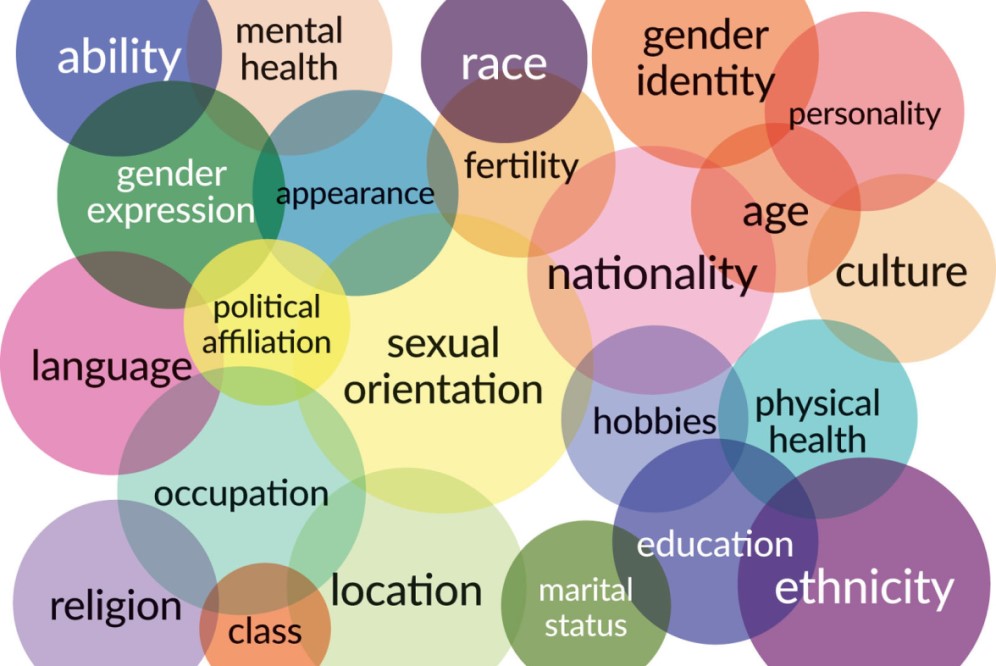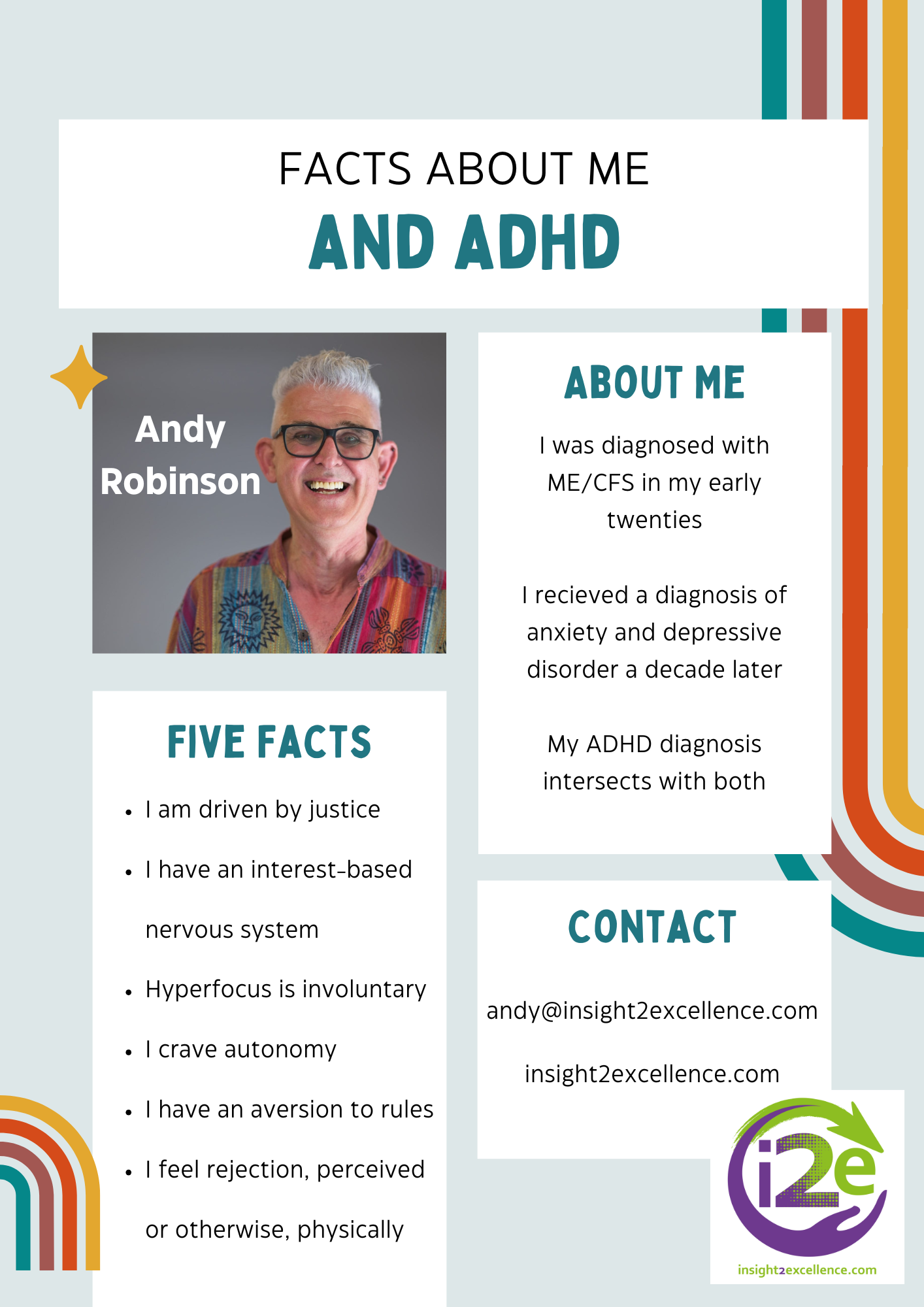

I was diagnosed with ME/CFS in my twenties. I remember feeling utterly bewildered, as the diagnosis came with no information or support.
The fatigue didn't behave like ordinary tiredness. It was deeper, heavier, a kind of collapse that no amount of rest seemed to repair. I carried on as best I could, but it shaped every part of my life and narrowed what felt possible.
In my thirties came another diagnosis, Depressive Anxiety Disorder. In some ways that felt like confirmation of what I already suspected, that the weight of sadness and worry I lived with was not just me being weak but something with a name. I have taken antidepressants for most of my adult life, and they have been both a help and a reminder that I was still searching for answers. I've also felt shame about needing such support.
For a long time, I thought those two conditions told the whole story. They were the framework for how I understood my health and identity. But something still felt missing. I also found it hard to manage and fell into addiction as a way of softening the edges.
It was not until my sixties that I was finally diagnosed with ADHD. That moment was life-changing. Suddenly, the pieces that never quite fit, the scatter, the overwhelm, the tidal wave of emotions, the impulsivity, started to make sense. ADHD explained so much of what the other diagnoses had only skimmed.
ADHD rarely travels alone. It often sits alongside autoimmune and somatic conditions, like ME/CFS, it can overlap with mental health struggles, and for many of us intersects with LGBTQIA+ identity. My story holds all of these threads. They do not run neatly. They tangle, they pull against each other, and sometimes they amplify one another. But they are real, and I feel each of them deeply.
One part of ADHD that people do not talk about enough is Rejection Sensitive Dysphoria. For me, this has been an almost unbearable intensity at times, the crushing sense of rejection, real or imagined, that can feel life-ending in the moment. It explains why I have carried such a strong sense of justice, too, why I have fought hard when things felt unfair, and why certain losses brought me to my knees, so crippling has been the pain. Knowing this about myself has not taken away the pain, but it has helped me to pause, to breathe, and to bring more gentleness to the parts of me that felt so broken.
Naming these intersections has not solved everything. I still live with ME/CFS. I still take medication. I still feel the burn of rejection sensitivity, and there are times when I act impulsively, driven by strong emotion. But what has shifted is how I see myself. The story is no longer one of weakness or failure but of a complex human being navigating life with conditions that do not always play by the rules.
This is the story I am telling more fully in my book, Meeting Myself at the Intersection. It's messy, raw, and it is very human, because that is the only way I know how to tell it.
If any of this resonates, if you see yourself in these intersections, or if you are a leader wanting to understand how neurodiversity really shapes people’s lives and how workplaces, can adapt to support people to bring their whole selves to work and thrive,I would love to connect.